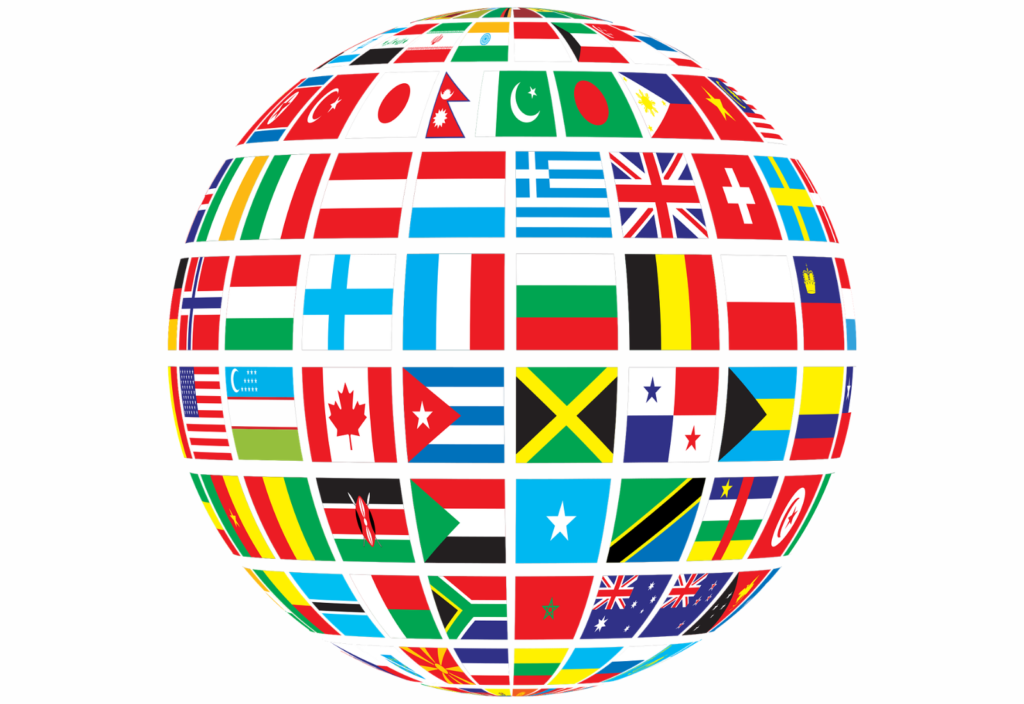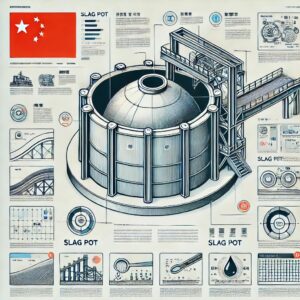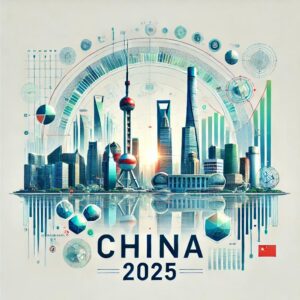A German lawyer, representing a German company owed lots of money by a Chinese citizen, wrote me last week to discuss retaining my law firm to help the company collect on its debt by seizing U.S and Canada real property held by the Chinese citizen. This lawyer was coming to me because he had liked what I had said in a Vancouver Sun article from last year, entitled, More Chinese cases target property in B.C., say lawyers.
The headline of this article is 100% correct, but the increase in lawsuits targeting properties in both the United States and Canada is not due to any change in laws; it is due to the increase in the number of properties held by Chinese nationals in the United States and Canada. And these lawsuits involving United States and Canadian courts stem from the trust lawyers have in the efficacy of the U.S. and Canadian legal systems.
At least ten years ago, the Tokyo’s Yomiuri Shimbun interviewed me for an article, entitled, The Americanization of Law, [link no longer exists]. The thesis of that article was that American law and American lawyers influence business laws the world over. Call it “Americanization” or whatever you want, but the trend towards an overall liberalization of laws is so common as to be almost inexorable. This article focused on how companies in countries with less developed legal systems often engage in legal gyrations to get their cases heard by U.S. judges. That article mostly focused on how Russian and Korean companies were using the U.S. courts to sue other Russian and Korean companies and then seize their assets in the United States. This use of United States and Canada courts has not changed.
Anyway, back to the Vancouver Sun article, which has a somewhat similar thesis:
Lawyers say they are seeing a substantial increase in B.C. court cases filed by Chinese companies seeking to seize real estate from Chinese immigrants in B.C.
The Chinese plaintiffs are asking B.C. judges to enforce monetary judgments awarded in Chinese courts. These Chinese rulings typically involve people found in China to have defrauded Chinese banks or business partners and then fled to Canada with the money and invested in real estate here.
The rapid rise in the numbers of Chinese cases in Canada and the U.S. — two preferred destinations, according to the Chinese government, for financial fugitives — has also been recognized by Dan Harris, a Seattle lawyer who advises international law firms on strategies for recovering assets from Chinese defendants.
Such cases have been trickling into B.C. courts for several years, including a 2015 B.C. Supreme Court award of $670 million to the Bank of China against money allegedly laundered through buying multiple homes and setting up bank accounts in Richmond.
But, according to Vancouver lawyer Christine Duhaime, a precedent-setting case in June appears to have opened the flood gates. Duhaime says that after her client, China Citic Bank, won a so-called Mareva injunction from B.C. Supreme Court, prohibiting the sale of four Vancouver-area homes worth $7.2 million, calls from China poured in. The homes belong to a couple who were alleged to have “fled China” with an unpaid $10-million loan.
Duhaime says she understands this is the first case of a Mareva injunction, also called a freezing order, being won by a Chinese bank in North American courts. Such injunctions prevent assets from being sold before a court can rule on whether they should be used to repay a court award.
Based on the case, Duhaime says she has obtained information from China alleging that “billions of dollars” of bank fraud proceeds are invested in B.C. real estate. She said she could not share the documents for reasons of client privilege.
Many years ago, my law firm represented a former Hong Kong police officer who had left Hong Kong thirty years earlier after having allegedly engaged in large-scale corruption. The City of Hong Kong learned that this police officer now owned substantial properties in Washington State and in California and it sued him to get that property.
The litigators at my law firm have litigated a large number of similar cases over the years, mostly involving private, not government, litigants. In most of these cases the plaintiff chose the United States as its venue from a list of various other options, because it believed United States courts are most effective in rendering judgments and having the capability to collect on those judgments by seizing assets.
Many years ago, we were retained by an American company to enforce its Chinese judgment against a powerful Chinese company in a California court. Its thinking — which was absolutely correct — was that it had spent years trying to collect on its Chinese judgment in China against the powerful Chinese company and it would never succeed there. Our lawyers were tasked with turning the Chinese judgment into a U.S. judgment and then seizing product from the Chinese company that it would sell to its U.S. customers and/or the payments those customers would make to the Chinese company. These sorts of cases are also becoming more common.
The Vancouver Sun article discusses the pent-up demand for lawsuits by Chinese companies against Chinese citizens with property in British Columbia:
“The (Citic) Mareva case absolutely increased the interest in China, and caused a number of banks in China to reach out to us and say ‘We have all these cases. Can we do something in B.C., too?’” Duhaime said. “There are lots of cases coming down the pipe, and there is lots of appetite in China from the government, down to the banks, to come to B.C. to enforce judgments.”
“One of our next projects is a Toronto house we are looking at, worth $100 million,” Duhaime said. “A guy went to a bank in China, defrauded them, got a loan and all the money in one day, and moved to Canada and got a mansion. And no one asked any questions, even though he never worked a day in Canada. It’s all the same type of story, where a foreign national doesn’t have a job, but is living in homes in Canada and owes money to a bank in China.”
Another Canadian lawyer also sees expects Canadian cases increasing against Chinese defendants:
McGowan said he anticipates a growing wave of legal actions from Chinese citizens seeking to recover debts by targeting B.C. properties.
“What I can say generally is that I’ve seen and I’m anticipating seeing a lot more claims like this,” McGowan said in an interview. “The amount of inflow litigation from China is substantial. I think the Chinese are starting to appreciate there is an opportunity to make recovery on their losses in China … against people who have immigrated to Canada.”
I then seek to explain the reasons for increased interest in pursuing Chinese-owned assets overseas:
Harris, the Seattle lawyer, said he agrees with the Vancouver lawyers “100 per cent” that cases from China are rapidly increasing.
“There is an influx of these cases because they are relativy easy to bring in the U.S. and in Canada,” Harris said. “More importantly, they are easy to collect on, unlike in China, where winning a case is one thing but collecting on the judgment is another.”
Harris said his firm is often approached by Canadian and U.S. lawyers seeking to recover assets from companies and people in China.He often advises these lawyers to seek out assets owned by the litigation targets outside China and then take action “in other countries with more effective legal systems for collecting on court judgments or arbitration awards.”
Suing Chinese individuals and companies in the United States or Canada makes sense if those individuals or companies have assets in the United States or in Canada, but it will probably does not make sense if they do not. It is also relatively easy to get a judgment in the United States and then take that judgment to Canada and turn it into a Canadian judgment, and vice-versa. So if you are owed money by a Chinese national or a Chinese company that has assets in both Canada and the United States, you probably will be able to get away with suing that company in just one of the two countries and using your victory in the one country to collect on assets in held by that Chinese national or company in both countries.

























